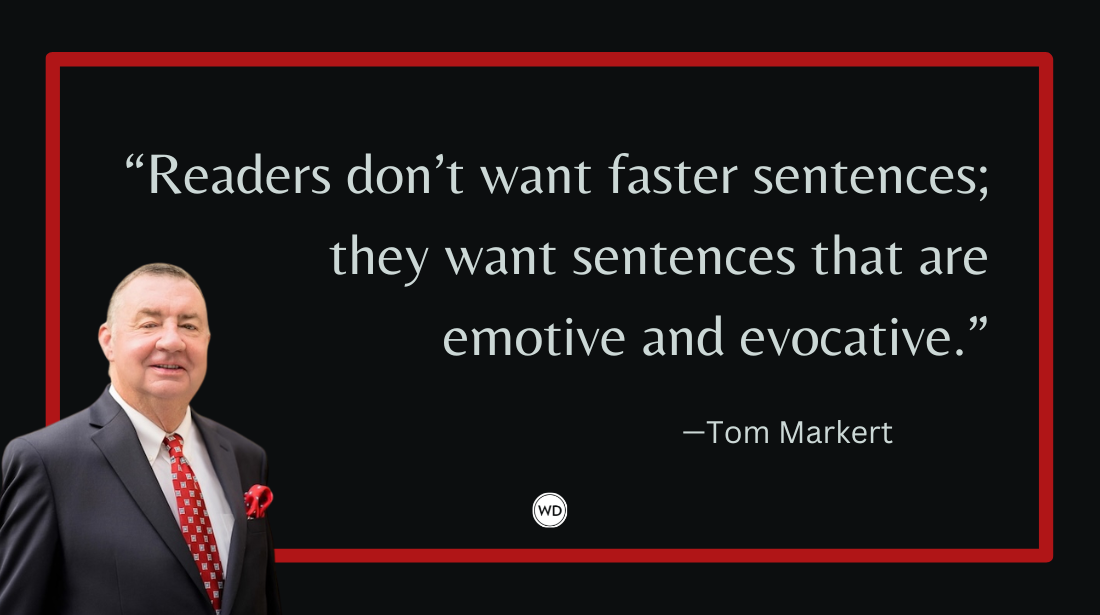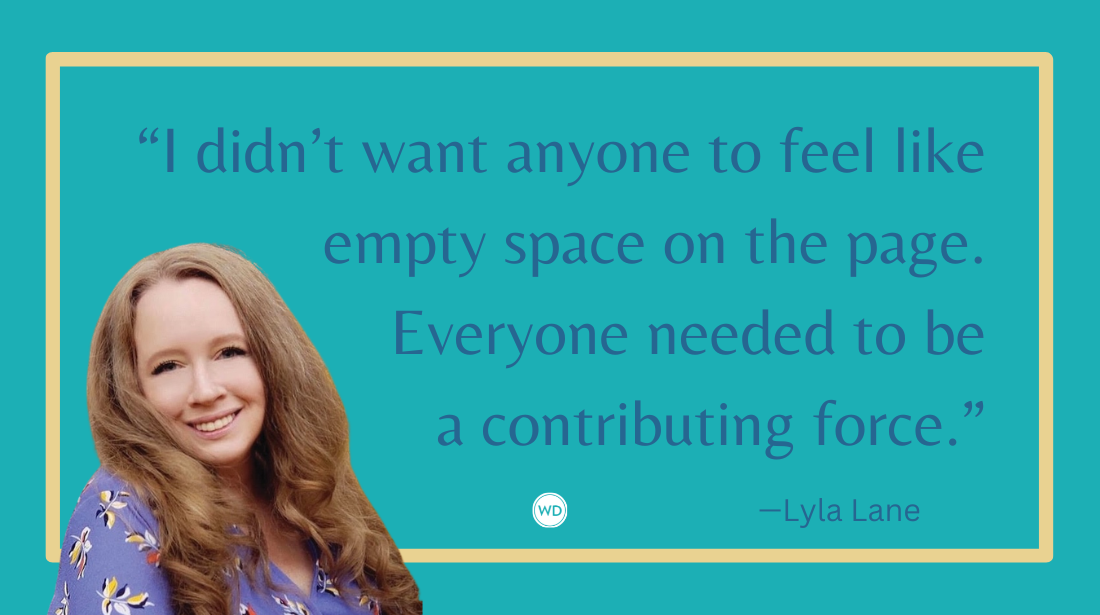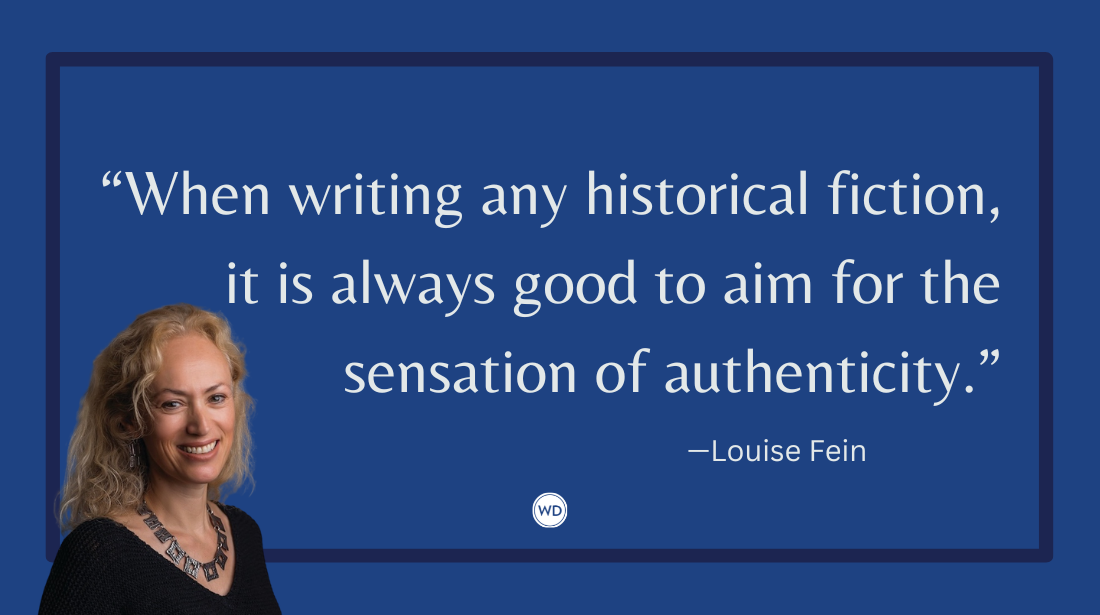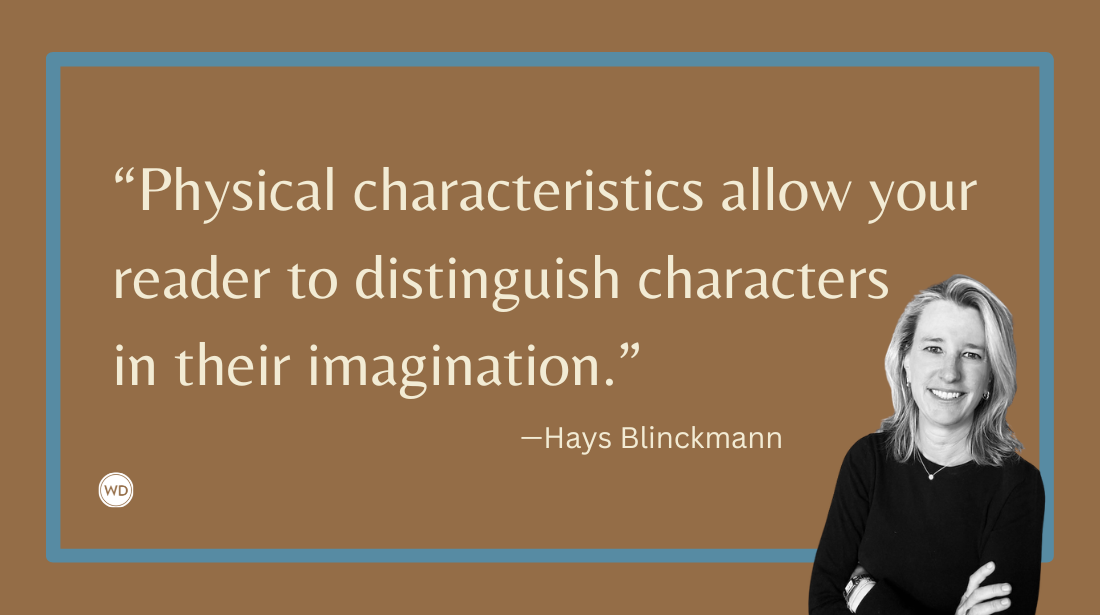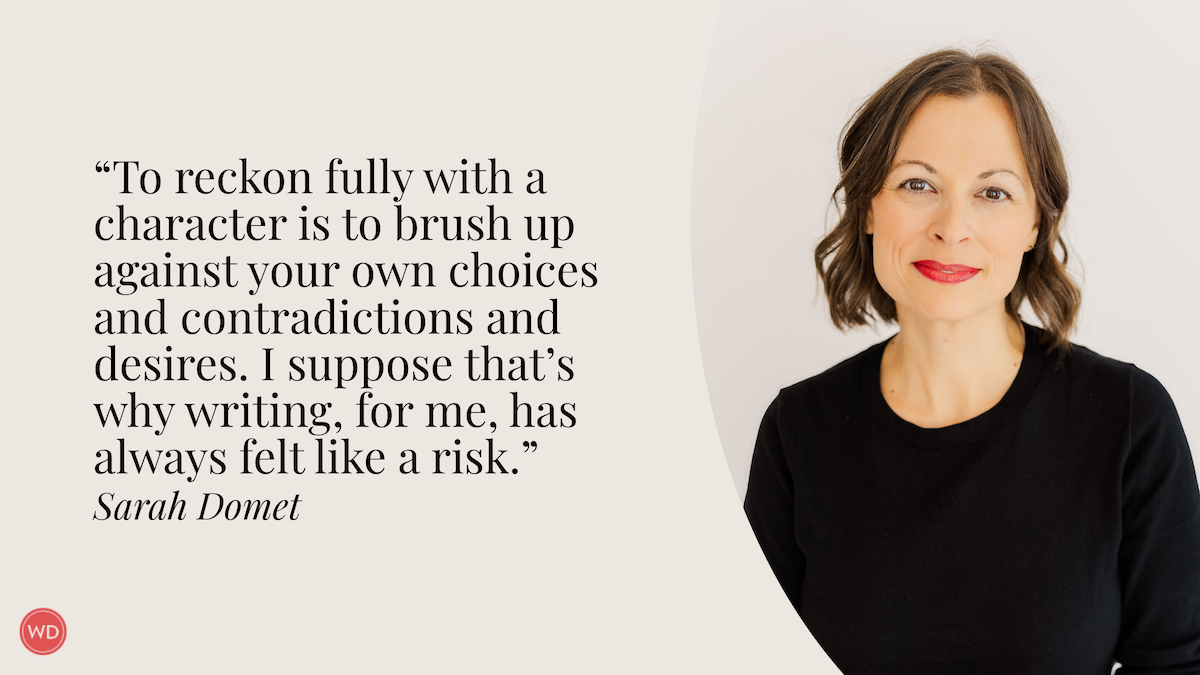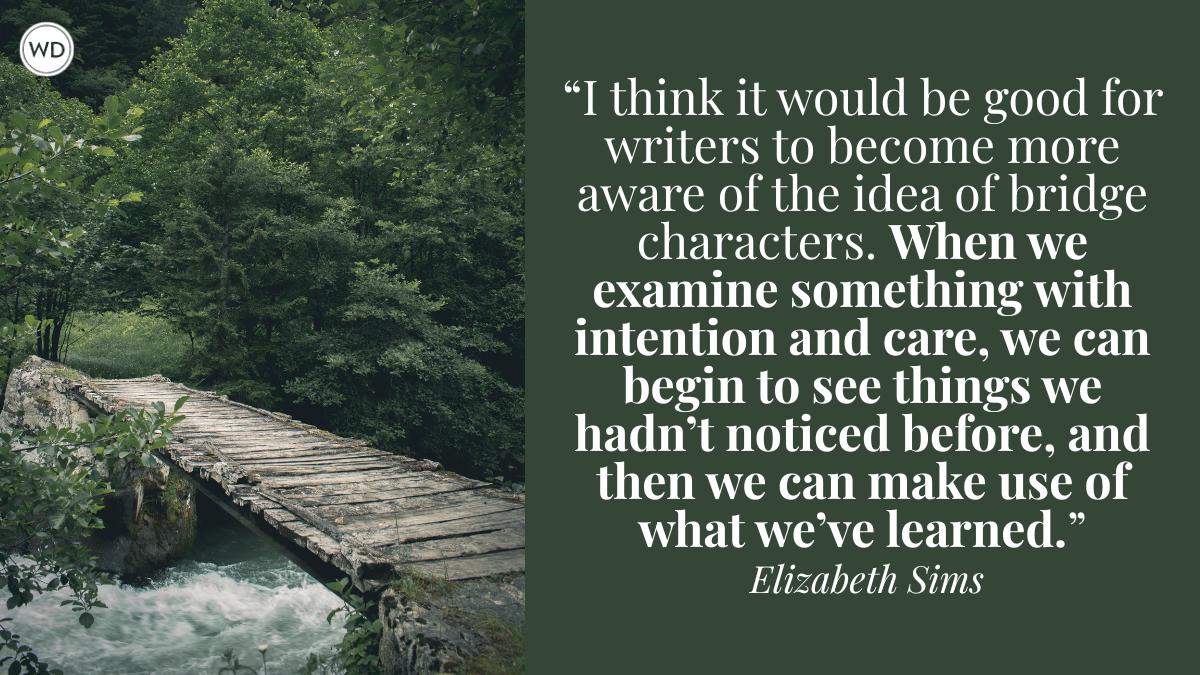3 Tools to Help You Write Convincingly From a Child’s Point of View in Fiction
Sage Tyrtle shares three tools to help writers write convincingly from a child’s point of view in fiction (with writing exercises).
In 1979 I got a pen pal through the TV show The Big Blue Marble. It was the 70s, so there was no effort whatsoever to make sure either one of us was a child as we gave each other our home addresses. I know! All was well, but 52-year-old me is horrified by this. And if I sit down to write about getting a pen pal from Little Kid Sage's point of view, it's really hard to keep my adult self out of it.
And this is the crux of writing from a child's point of view. It seems like it should be a piece of cake. I was a kid once, so were you, surely all we have to do is cast our minds back to playing Atari on that giant console TV, or trying to pass a long division test, or having a sleepover, right? But our adult selves keep sneaking in.
So how can we keep our adult selves out of it? Here are three tools to help you write convincingly from a child's point of view.
The Words Children Know
One of the most common issues are the words the child uses in telling the story. I can't tell you the number of times I've read a scene like this, which is supposed to be from a the point of view of a five year old. (A lot of times were me, before I figured this child point of view stuff out.)
“Mommy and I went to the park. Mommy drove our Toyota Camry, and the speedometer never went below sixty miles an hour. When we arrived, all the other parents were gathered in a circle, gossiping about a dinner party they all attended. They said Mr. Blodgett drank two bottles of Santa Margherita Pinot Grigio all by himself. While this was happening, Mrs. Lee was looking for her cashmere cardigan because the temperature was falling.”
Cashmere? Speedometer? Gathered? Gossiping? Santa Margherita Pinot Grigio?
That doesn’t sound like a child, it sounds like an Instagram influencer.
So how do we know what words to use when writing from a child’s point of view? A few years ago I read an essay by Shirley Jackson in which she talks about wanting to write a book for children. The publishers sent her a very short list of words she was allowed to use. And I thought, that makes so much sense. No guessing on the part of the author, these are the words the target audience is most likely to say or think.
Here are some vocabulary words for a five year old:
- baby
- house
- book
- phone
Nary a “speedometer” to be seen. So is it possible to express the same ideas in the example above, but from a five year old’s point of view? Absolutely. Here’s a revised version:
“Mommy and me went to the park. The car was so fast! When we got there Heather’s daddy was yelling that he wasn’t having wine at some party, I don’t know what party because Heather’s birthday isn’t until almost Christmas. One mom kept looking for her coat but she didn’t find it.”
Exercise: Take three paragraphs from a piece you’ve written, and try writing them from the perspective of a child. Be sure to have a specific age in mind, “kid” is much harder than “eight year old in third grade.” Look up vocabulary words for that age and a year earlier. Do these words seem like they could reside in the brain of a kid? If not, why?
The Way Children Speak
I write a lot of fiction for adults from a child’s point of view. I’m fascinated by what they understand, what they don’t, the words they use, all of it. I like exploring opinions and emotions unsullied by teenager-dom and adulthood. Generally I write between the ages of six and 12. Recently I wanted to write a conversation with a character who was four years old, and I was stumped. I tried taking a six year old and removing two years from the age, and the kid sounded like a caveman. I tried winging it, and the kid sounded like a stockbroker. I finally turned to YouTube. (Your own childhood home movies are also a great resource.)
On YouTube I looked up four year olds having conversations. Not family influencer kids, just videos with 30 views named stuff like, “Here’s me and my kid having ice cream.” That way I could be pretty sure the kid was speaking in a natural way. I was surprised. The four year olds were far more articulate than I’d expected, with giant gaps in their knowledge (like having no idea who the waiter was when he showed up). They repeated themselves all the time, their focus wandered, they were adorable. Once I’d watched real four year olds, I could accurately create that four year old in my story.
Exercise: Write a conversation in which both participants are children. Remember to give them specific ages. Keep in mind the words those children know and are likely to use as they talk. Once you’re finished, read it out loud to yourself. If there are children in your life, ask them to read the words out loud (or repeat after you). Does every word sound like it could come out of a kid’s mouth? If it doesn’t, why?
How Children See the World
Children often assume it's their fault when their parents get divorced, because they see the world entirely in relation to themselves. (The only creatures better at this are cats.) In the example above, the child thinks of Mr. Blodgett as "Heather's dad," because that's who he is in relation to the narrator. Odds are good that five year old has no idea what Heather's last name is, much less how to properly refer to her dad. The child also thinks about the party in relation to their own life. The only party they’ve been to at Heather’s house is her birthday party, so what other parties could possibly exist?
When I was a kid, my dad’s girlfriend Pam signed me up for a woodworking summer camp for girls. When school started, I realized two things: I’d never attended the camp, and I hadn’t seen Pam for a month. Because I was a kid, everything was about me, so I immediately assumed two things: I’d forgotten to attend the camp, and that Pam was so angry with me she was never going to talk to me again. I was so embarrassed and sad. I liked Pam a lot, I’d been excited about the camp, and I felt stupid for ruining everything.
It took me two years (Two! Years!) to get my courage up and ask my dad about it. He was like, “Did I forget to tell you? That camp got cancelled. Then Pam and I broke up.” I’d been so sure it was my fault I had to ask him to explain it all over again so I was sure I understood. (Also, wow, I guess I liked Pam more than she liked me since she never even said goodbye...)
Exercise: Write from the point of view of a kid who is absolutely convinced a family, school, or world problem is their fault. Once again, have that very specific age in mind. Re-read when you’re finished and ask yourself if the kid is making the problem about themselves, and if they are acting only on the knowledge they have.
Bonus Exercise: Write about something you experienced as a child. Write from your current self’s perspective. Now, write that piece again. Remove everything that comes from your current self, limit the story to only the words you would have used in the moment, the way you would have talked in the moment, and only the knowledge you would have had in the moment.
And there you have it! Three tools to help you write convincingly from a child’s point of view. It is so much fun to look at the world from this perspective, and I hope you have an absolute blast incorporating these tools into your next writing project.




